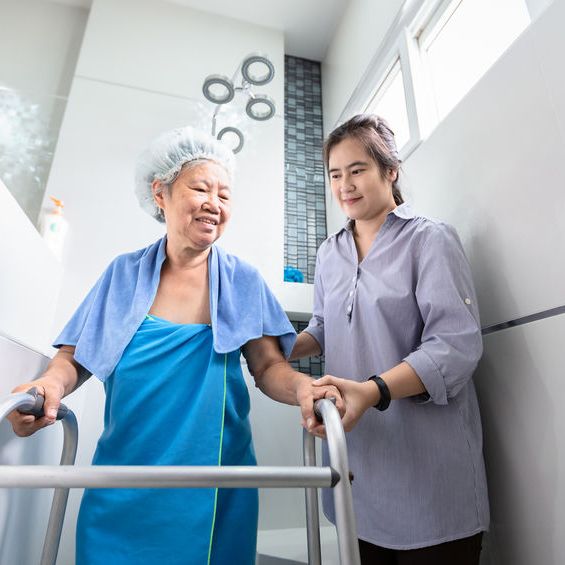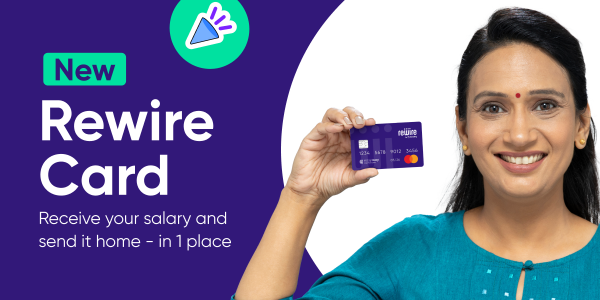Caregiver with No Experience: How and Where to Start?
iSavta | 24.05.2021

Don’t worry if you still lack experience in being a caregiver because it is still possible for you to help your clients or patients with their everyday tasks. While it is not possible for you to offer medical treatment, you will still be able to take care of the basic needs of special needs or elderly clients.
Aside from rendering these daily services, among your responsibilities will also include acting as your client’s companion. Your duties will involve assisting them to engage with activities outside or inside their home. You will also communicate with the medical experts if you got questions or concerns about the health of your client.
How to Become a Caregiver With No Experience
To become qualified for an entry-level job as a caregiver without experience, you need a GED certificate or high school diploma as well as training in basic lifesaving skills or BLS and CPR. There are employers that provide this training to their new employees although you can also be certified through the local YMCA or the American Red Cross.
If you don’t have professional care experience, you could try to volunteer at an assisted living facility or nursing home to gain the necessary skills and experience for this job. You might also want to pursue a postsecondary certificate as HHA or home health aide or CNA or certified nursing assistant.
Quick Tips for New and Aspiring Caregivers
Here are some important tips to remember if you are a new caregiver, especially if you still don’t have any experience in the field.
- Establish your own network of support and recognize the personalities and skills in it.
Just a single person will never be able to become everything for everybody. Make sure you focus on the things that people can give and not on the things they cannot. For instance, if the daughter of your client is not a big fan of hospitals, there is very little chance that she will volunteer to look at her dad for 8 hours following surgery. You can assign her a different role to play like a duty to pick up a prescription. If some of the concerned family members prefer to have constant updates, you can start a text chain to streamline everyone.
- Be ready for follow-up visits and medical appointments.
Use a brightly colored notebook that is impossible to lose and use it exclusively to take down notes during appointments or certain questions you wish to remember to raise during the next schedule. Keep a running list of dosages and medications in the notebook since doctors will inquire about it. Take photos of important documents then save these in your phone’s folder in the event you need to reference something from a past visit during upcoming appointments.
- Set up a health surrogate and power of attorney early.
If possible, try to have several persons assigned to the roles to distribute the load. See to it that you get as much information as possible from your patient early on in your caregiving journey to ensure that the entire network of support has been aligned on all their wishes.












